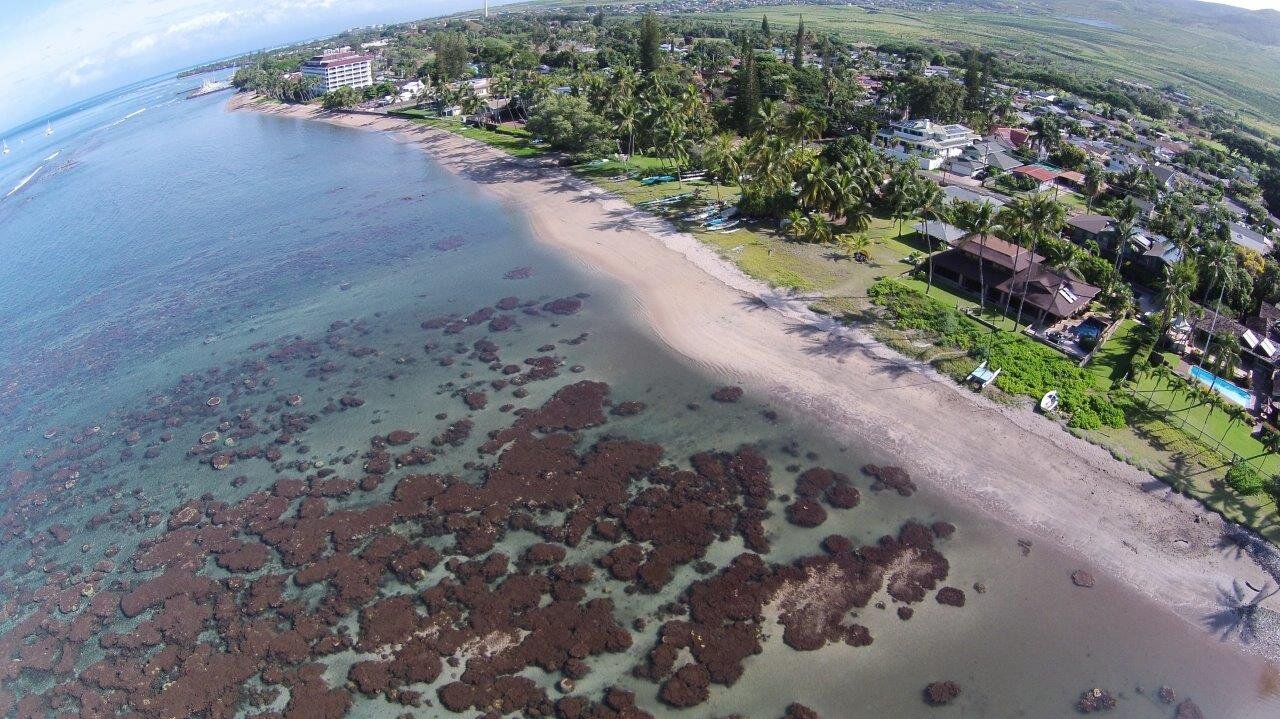CURRENT RESEARCH
UNDERSTANDING COMPOUNDing and CASCADING WILDFIRE HAZARDS IN NORTHERN CALIFORNIA
In my current postdoctoral work with the Western Forest and Fire Initiative at the University of Michigan, I am exploring how the direct and indirect threats of wildfire, such as smoke and power shutoffs, disrupt daily activities and pose health risks to vulnerable groups. Specifically, I am examining the ways that wildfire, smoke, and power disruption may compound or cascade to create unexpected impacts on individuals, as well as how individual responses may interact with single hazards to create feedback loops or additional impacts. Drawing on data from 45 key informant interviews in three counties in Northern California (Lake, Tehama, and Tuolumne) with high wildfire risk, high exposure to wildfire smoke, and high past and potential future exposure to power shutoffs, I aim to better understand and describe the decisions of individuals adapting to compounding and cascading wildfire-related hazards in the Western United States.
ONGOING and PAST RESEARCH
INVESTIGATING THE Social Processes SHAPING WILDFIRE SMOKE protective-health and ADAPTATION BEHAVIOR
Exposure to wildfire smoke poses severe health risks, especially for children, the elderly, and individuals with chronic health issues. Despite these risks, the pathways involved in individual response to wildfire smoke are not well-understood. How do individuals perceive the threat of wildfire smoke, and the efficacy of their actions in response to wildfire smoke? And how do social processes, such as social norms and social support, interact with threat and efficacy perceptions to influence protective-health behavior? Through an in-depth interview study of northern California residents who were exposed to smoke from the 2018 Camp Fire and other major fires in 2019 and 2020, this project explores how individuals make decisions in response to wildfire smoke events.
Findings from this were published in Climate Risk Management - Psychological factors and social processes influencing wildfire smoke protective behavior: Insights from a case study in Northern California.
Also read our perspective piece published in Environmental Research Letters - Responding to simultaneous crises: communications and social norms of mask behavior during wildfires and COVID-19.
In follow-up work, we are exploring the associations between social processes and wildfire smoke adaptation intentions through a nationally representative survey.
Conceptual framework proposing psychosocial factors associated with coral reef conservation intentions and behaviors.
EXPLORING THE AFFECTIVE DRIVERS OF CORAL REEF CONSERVATION Behavior
Coral reef ecosystems in Hawaiʻi are under threat from global and local stressors. West Maui’s once abundant, life-sustaining Nā Papalimu O Pi‘ilani, show significant signs of human impact. Despite important links between coastal user activity and coral reef health, the social and psychological factors motivating human behavior in nearshore environments have rarely been explored. In this community-engaged study, partnered with the Native Hawaiian community group, Polanui Hiu, and The Nature Conservancy Hawaiʻi, we examine affective and other psychosocial factors associated with coastal user conservation intentions and behaviors on Maui, Hawaiʻi. Based on results from a survey of coastal users, we found that natural place attachment, sense of responsibility and concern for coral reef ecosystems were associated with personal conservation intentions and civic place attachment was associated with community conservation intentions. We also found that natural place attachment was associated with signing the Pono Pledge, a voluntary conservation commitment. These findings can inform partner communications and outreach. We also conducted follow-up interviews with residents and stakeholders to further explore how the local community can effectively promote respectful reef etiquette and support for conservation and management among coastal users.
Check out our recently published findings in Conservation Science and Practice - Mālama i ke kai: Exploring psychosocial factors associated with personal and community coral reef conservation behavior on Maui, Hawai‘i.
WORKING WITH LOCAL and INDIGENOUS COMMUNITIES on ADAPTATION to coastal and social change in SOUTHEASTERN Louisiana
Coastal communities in southeastern Louisiana are experiencing dramatic changes and threats to their environment, such as increasing flood risk, land loss, the impacts of oil spills and severe storms, and declining commercial and recreational fisheries. Due to these changes in the environment, many residents and communities are grappling with decisions related to their livelihoods, sense of place, and migration, while also engaging in an immense governance project to restore the coast through the Louisiana Coastal Master Plan. In my research in coastal Louisiana, I am investigating community resilience and adaptation to climate change in partnership with Louisiana Sea Grant and the Pointe-au-Chien Indian Tribe (PACIT).



